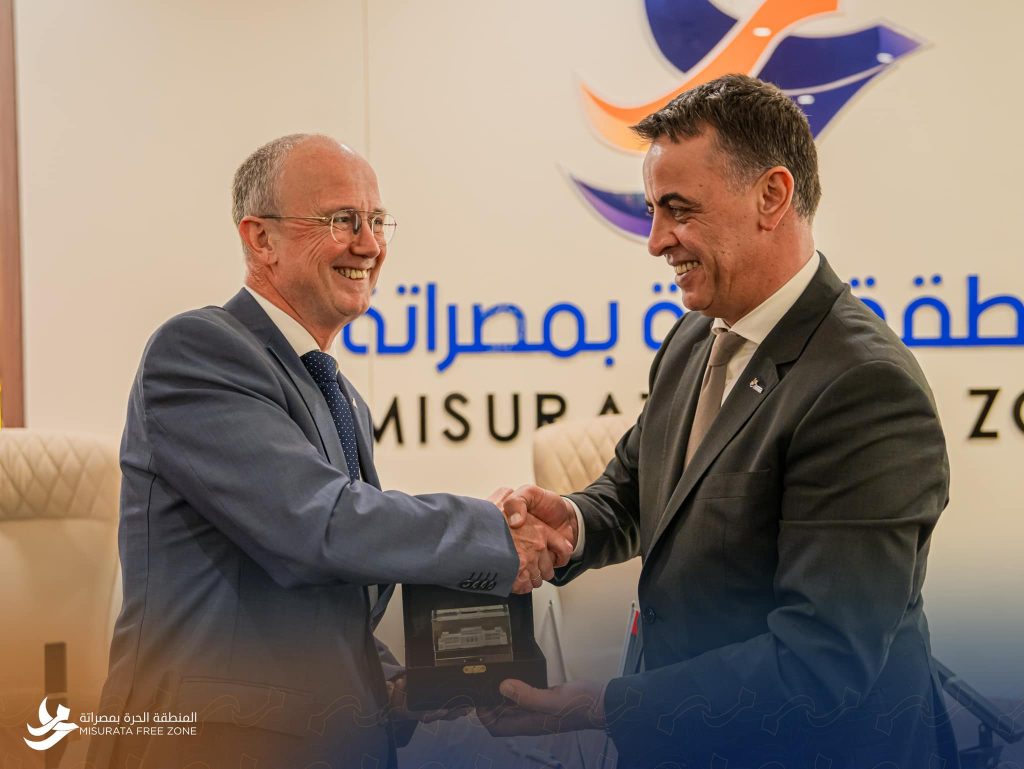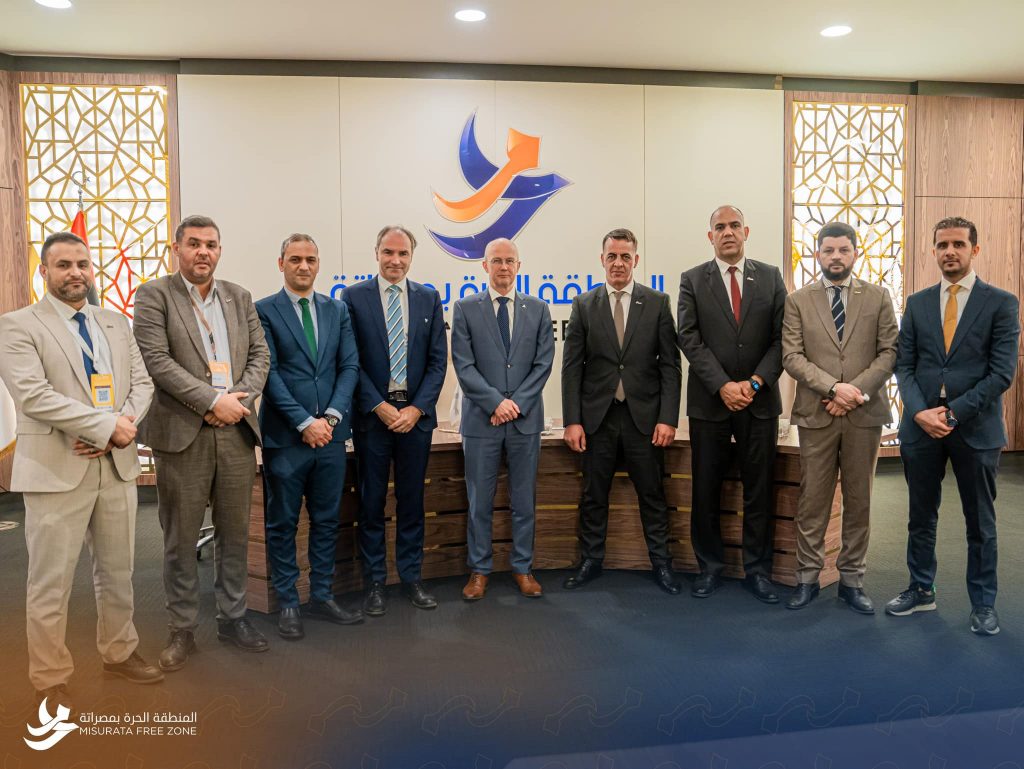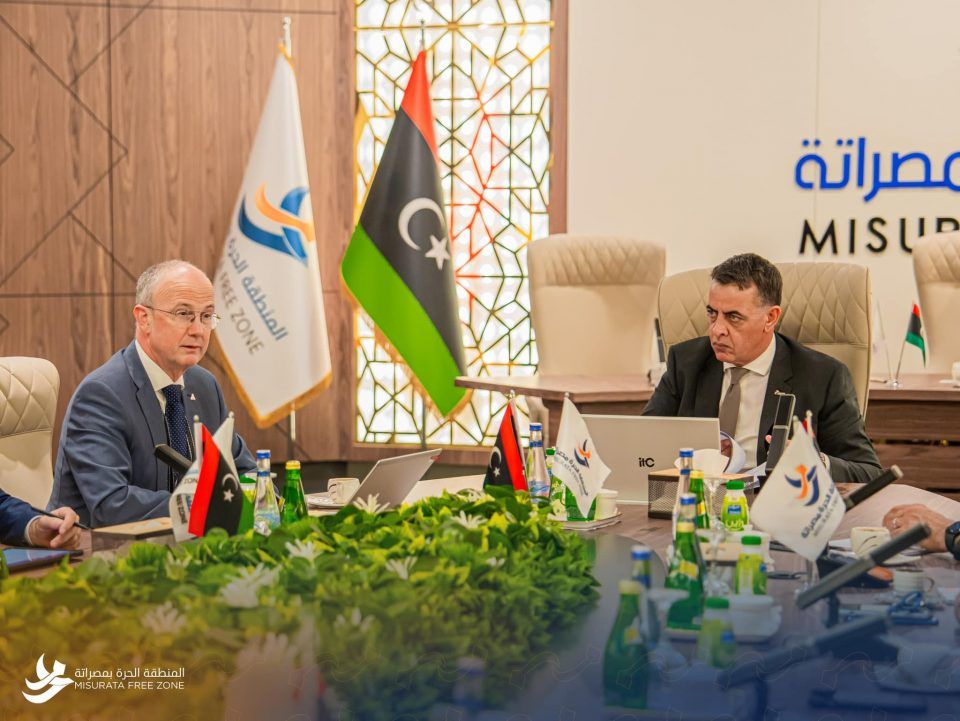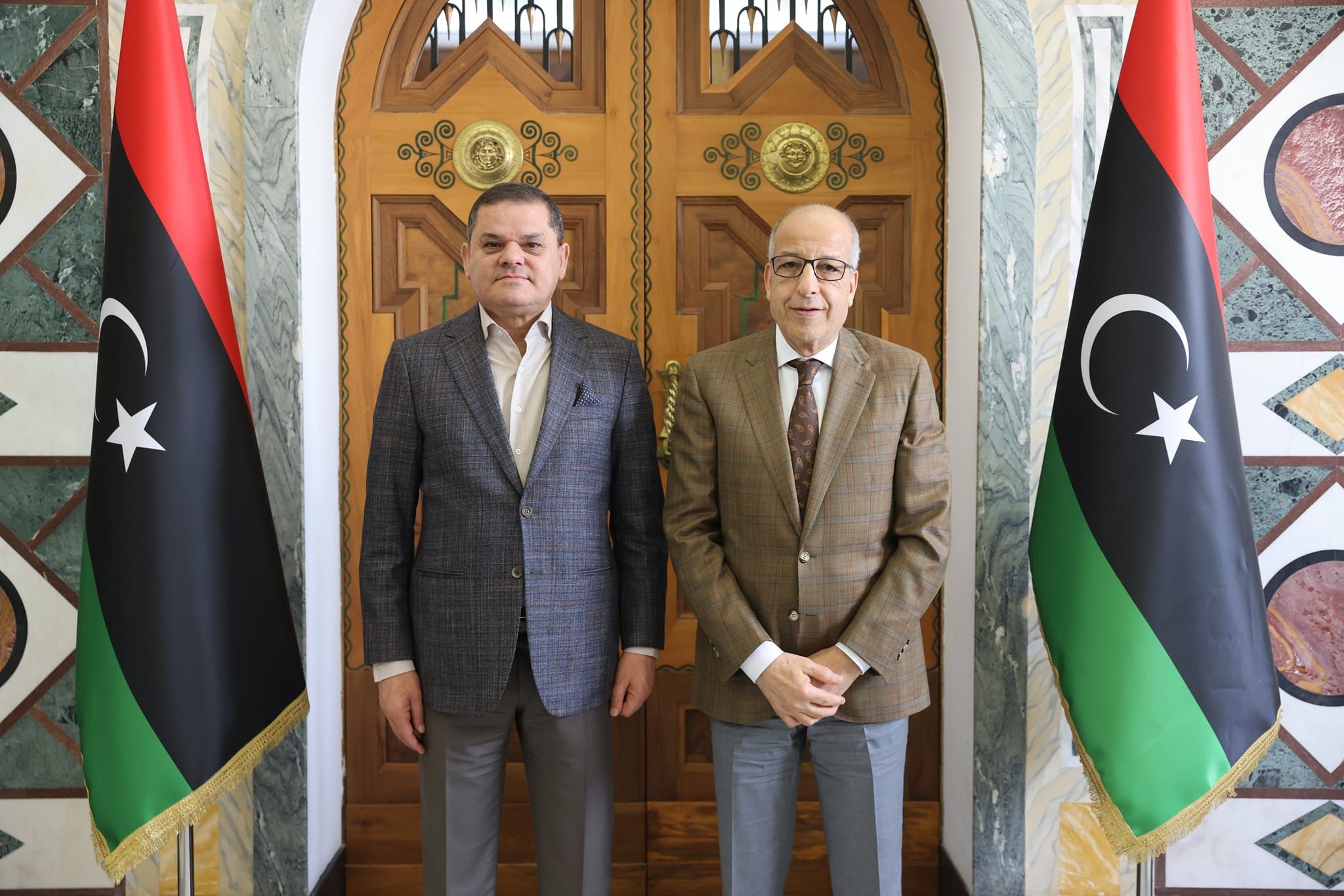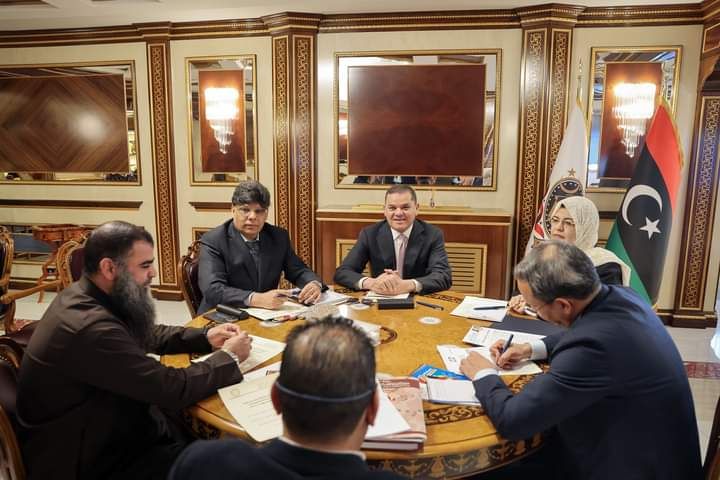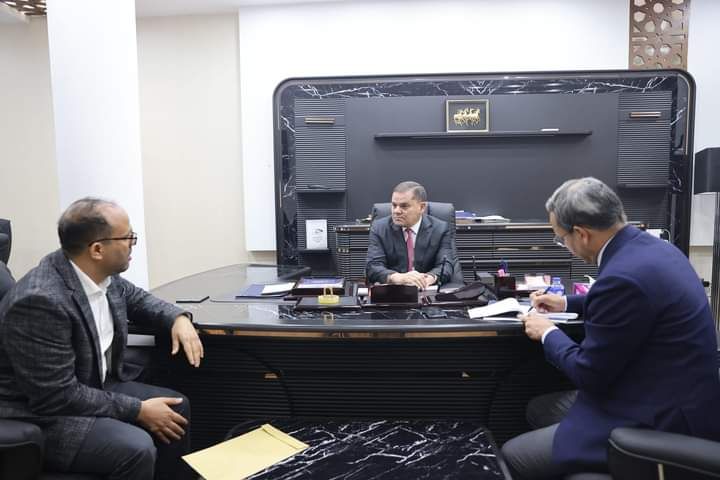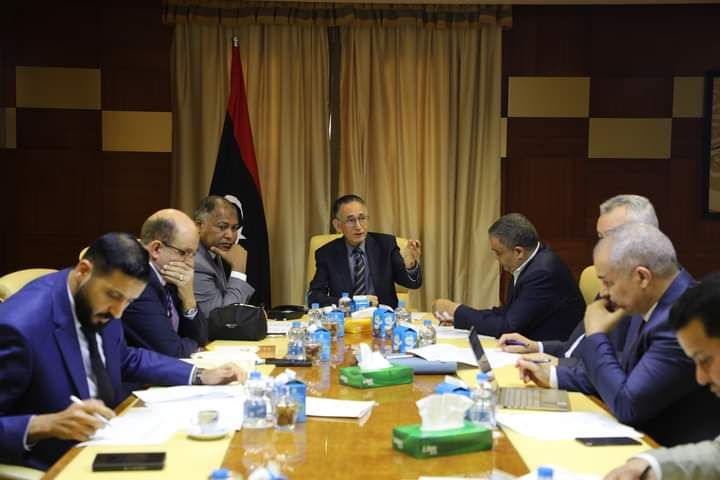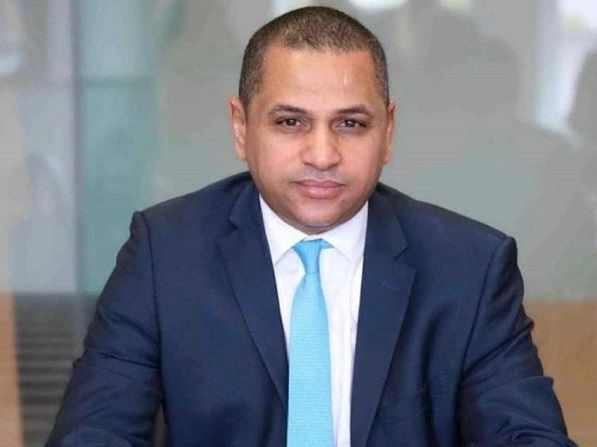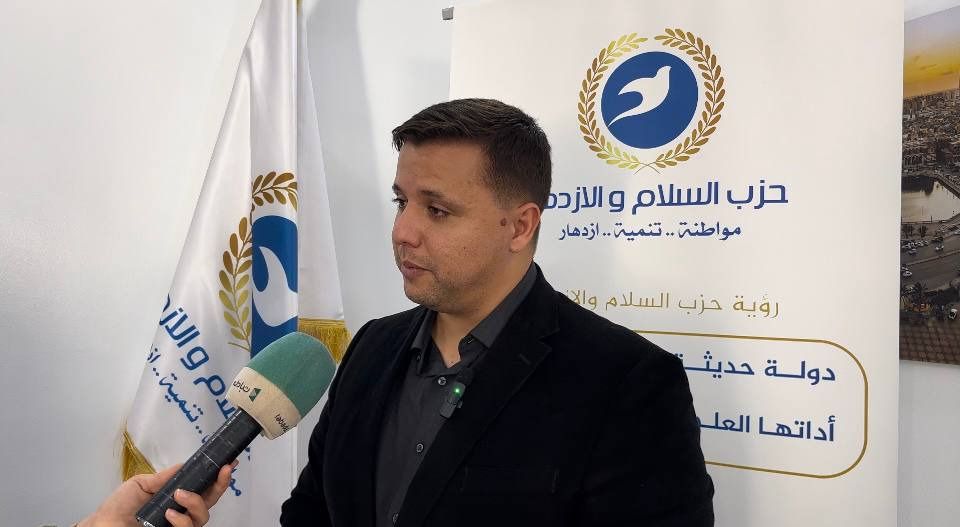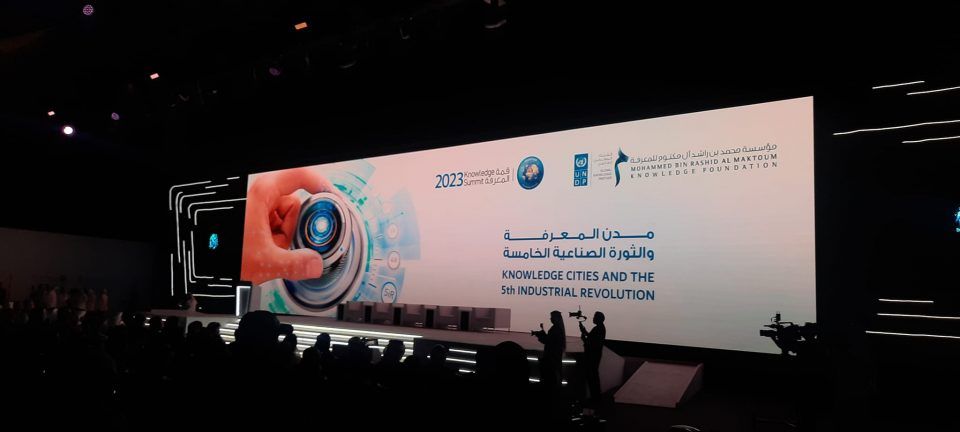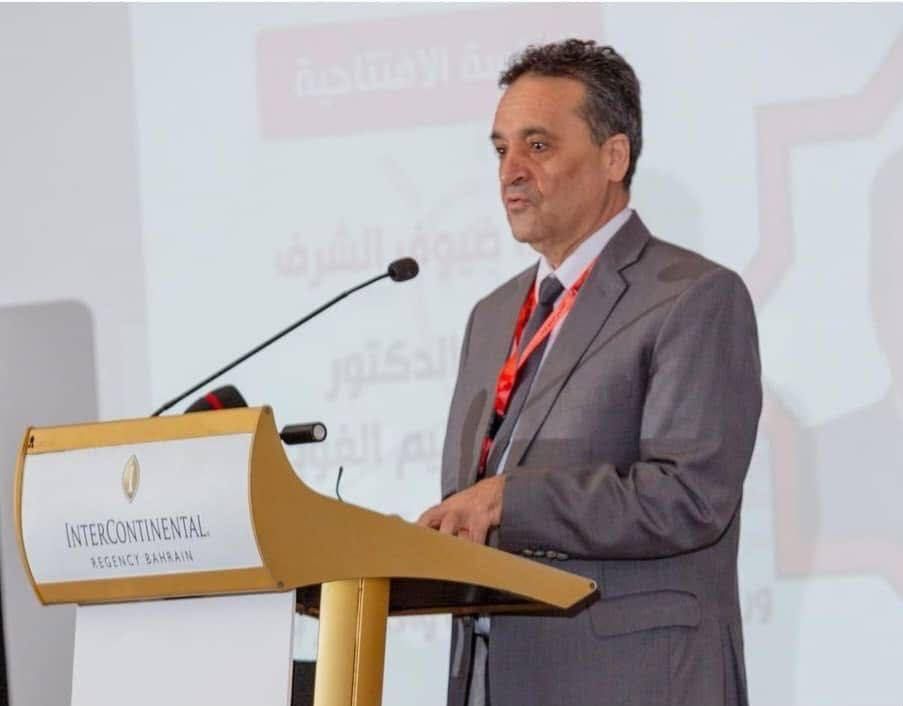Prime Minister Abdul-Hamid held a meeting today, Wednesday, at the Public Prosecutor’s office to follow up on the legal and living conditions of detainees in prisons. The meeting included the Public Prosecutor, Seddiq Al-Sour, Minister of Justice Halima Ibrahim, the Undersecretary of the Ministry of Interior for Directorate Affairs, Bashir Al-Amin, and the Head of Al-Radaa For Countering Terrorism & Organized Crime, Abdul-Raouf Kara. Minister of State for Prime Minister’s Affairs Adel Jumaa also attended, along with several specialized deputy prosecutors.
During the meeting, the Public Prosecutor presented an overview of the role of public prosecutors in monitoring the implementation of reports referred from police stations and security agencies. He emphasized the need for their active role in contributing to the establishment of legal principles. He praised the collaboration between Al-Radaa and the Public Prosecutor’s office in addressing terrorism and eliminating ISIS, providing statistics on cases transferred from the apparatus to the public prosecutor, considering them positive compared to previous years.
In turn, the head of Al-Radaa provided a detailed position on the numbers and conditions of detainees related to crimes, drug trafficking, threats to national security, terrorism, and the procedures they follow to complete investigations and refer them to the public prosecutor. He also discussed their living, health, and social conditions.
The Minister of Justice presented a position on detainees in all Libyan prisons, numbering over 20,000, confirming that they enjoy good conditions. She asserted that ongoing efforts aim to improve overall prison conditions. Furthermore, she stated that all detainees are presented to the public prosecutor and the court according to their sessions, with no cases left without legal procedures.
Prime Minister Dbeibeh stressed the need to end all cases of forced disappearances, regardless of the responsible party. He emphasized the importance of presenting all investigations to the public prosecutor and completing them within a specified timeframe. Dbeibeh directed the Ministry of Justice to develop and maintain prisons, provide healthcare and social care for all detainees, and ensure suitable transportation for them.
